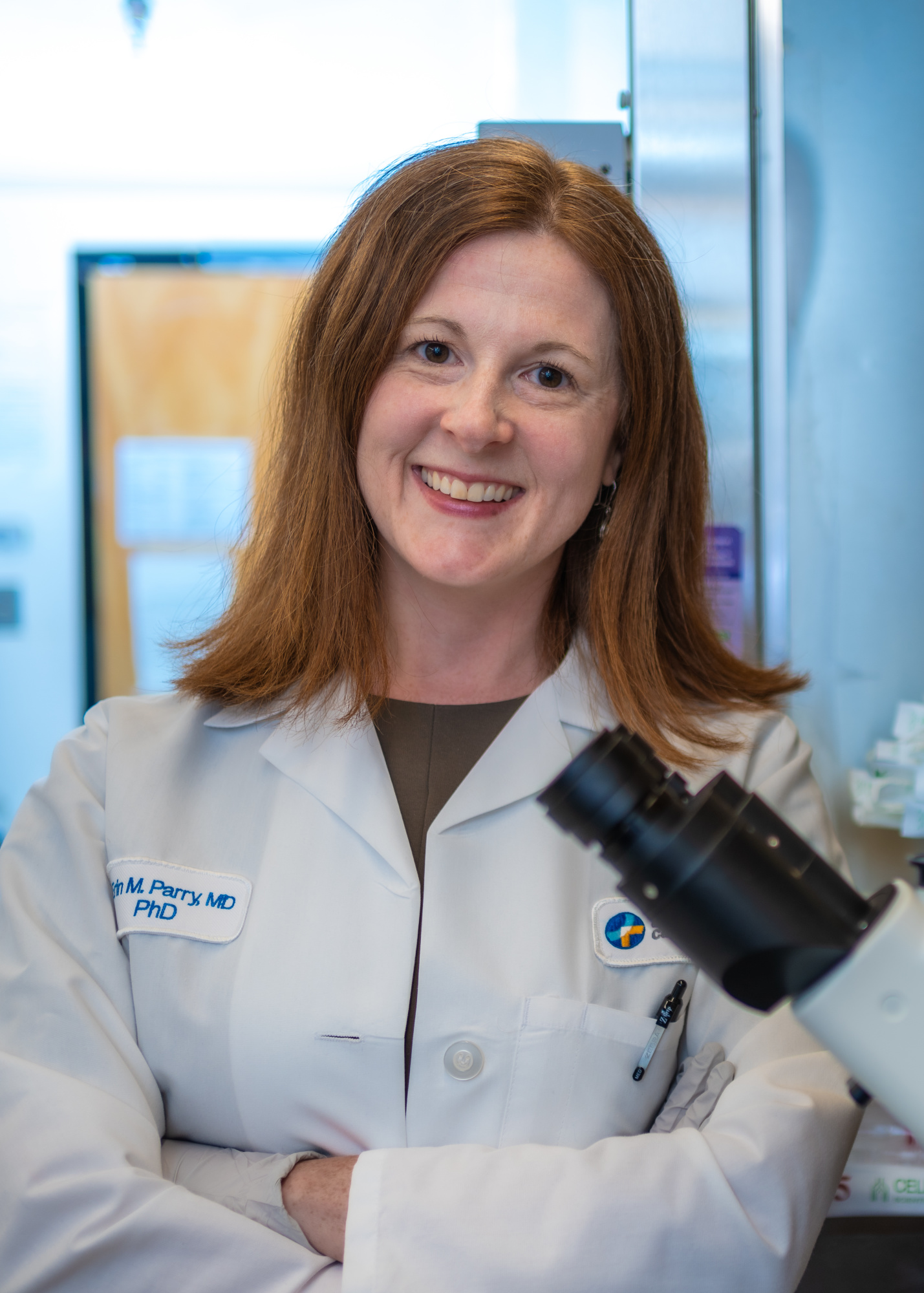
The exploration of human tumors in their native environment is challenging, precluding a deeper understanding of how cancer and important therapeutics work. Dr. Puleston [Bakewell Foundation Innovator] is developing new ways to investigate human cancer by keeping tumor-bearing organs alive outside of the body, allowing for the experimental study of tumors within human tissues. Employing this approach to study hepatocellular carcinoma (HCC), one of the most lethal forms of liver cancer, Dr. Puleston will expose HCC-laden livers to immunotherapy drugs and metabolic tracers to reveal the metabolic landscape of HCC cancers and how tumor metabolism is shaped following drug treatment. Through the study of tumors and anti-cancer agents in situ, Dr. Puleston hopes to elucidate new pathways with therapeutic potential and novel strategies to optimize existing therapeutics.
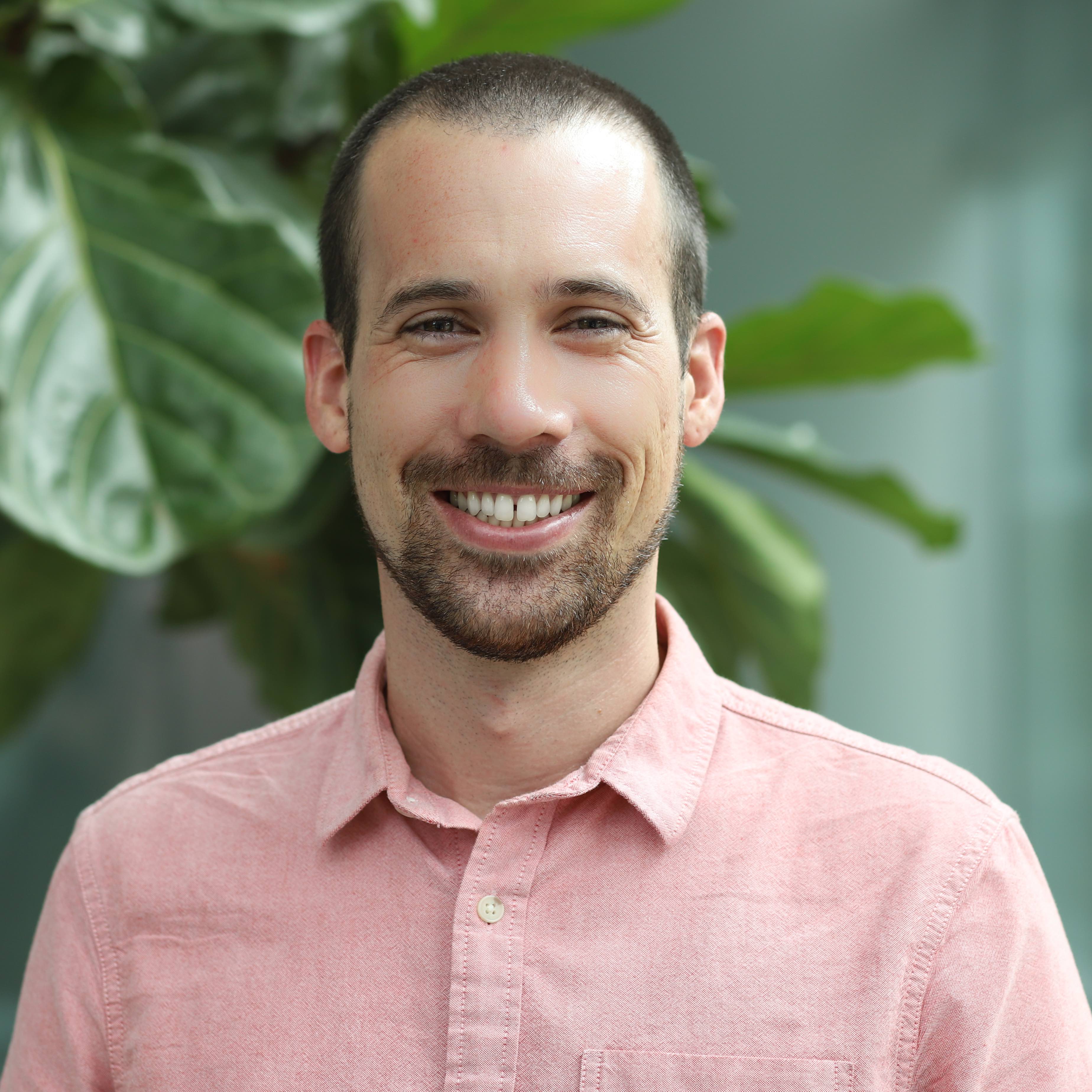
Many viruses that have devastating results in humans, such as SARS-CoV-2, HIV, and influenza, originate from pathogens in non-human animal species. These viruses can play a direct role in enabling the progression of viral-specific cancer etiologies (e.g., HIV and AIDS-defining cancers). Additionally results from the SARS-CoV-2 pandemic illustrate the measurable delays in cancer diagnosis, treatment, and research that arise from pandemic-driven upheavals. Dr. Starr studies how and why animal viruses evolve the molecular traits that enable spillover into humans, aiding efforts in surveillance and prediction of viral zoonotic threats. Dr. Starr also studies the molecular evolutionary forces that drive the development of antibodies that can broadly inhibit viruses across families of known spillover potential, contributing to the development of antibody and vaccine candidates that can prepare for or even prevent future viral zoonoses.
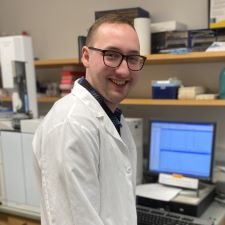
Ammonia, a waste product of cellular activity, is cleared from the body by the liver and kidneys through a process known as the urea cycle. During the urea cycle, ammonia is converted to urea, and arginine (an amino acid) is generated. When liver cells become cancerous, the urea cycle pathway stops functioning and cancer cells must import arginine from outside the cell. When cancer cells are prevented from importing arginine (via removal of arginine from the diet or genetic removal of the transporter), tumors do not grow, suggesting that arginine is critical for cells. However, the function of arginine in the cell is unclear. Using mass spectrometry and mathematical modeling, Dr. Lesner will identify the fate of arginine as it is metabolized by liver cancer cells in mouse models, and investigate how this is altered by various genetic mutations. Additionally, he will examine how restricting arginine from the diet genetically alters the liver and tumor cells. By understanding how disruption of this metabolic pathway influences liver cancer growth in the context of specific cancer drivers, Dr. Lesner aims to inform new therapeutic strategies. Dr. Lesner received his PhD from The University of Texas Southwestern Medical Center, Dallas and his BA from the University of Wooster, Wooster, Ohio.
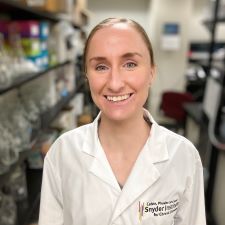
Neutrophils are important anti-microbial cells within the innate immune system. Recently, it has been shown that neutrophils can perform diverse functions, taking on both pro-inflammatory and pro-healing roles in response to tissue injury or insult. Dr. Siwicki's [Dale F. and Betty Ann Frey Fellow] goal is to understand how different neutrophil subtypes or states function to balance inflammatory versus regenerative processes, ultimately influencing tissue health and cancer. This work has the potential to uncover the basis of neutrophils' pro-tumor versus anti-tumor functions and could open the door to therapeutic targeting of specific neutrophil behaviors in order to improve clinical outcomes in cancer. Dr. Siwicki received her PhD from Harvard Medical School, Boston and ScB from Brown University, Providence.
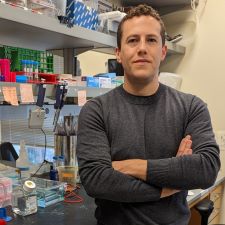
Abnormal interactions between our immune system and our gut microbes can lead to inflammation that drives colon and gastric cancer growth. Dr. Brian [HHMI Fellow] is investigating how the immune system recognizes and responds to these microbes, and how these interactions contribute to abnormal inflammation that can fuel cancer growth. Microbiota-immune interactions have been generally studied in the context of "clean" laboratory mice, but these models do not fully capture human immunology and the complex interplay between host cells and foreign microbes. To overcome this, Dr. Brian plans to study these interactions in "dirty" mice, colonized by a diverse community of microbes as well as pathogens. He will then use laboratory mice with more defined microbial communities to test how recognition of specific microbes by the immune system is regulated and how disruptions to this regulation contributes to inflammation. Dr. Brian received his PhD from the University of Minnesota, Twin Cities and his BS from the University of California, Santa Barbara.
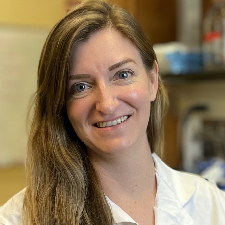
Dr. Freije [Berger Foundation Fellow] is studying how the genetic diversity of hepatitis B virus (HBV) is shaped by its need to replicate and interact with specific host genes. Current antiviral therapeutics for HBV merely suppress infection and do not cure disease; as a result, patients with chronic HBV infection are at risk of developing liver cancer. Dr. Freije plans to uncover essential genomic regions that HBV needs to survive and persist, as well as those that counteract host genes that function to restrict these activities. This approach could provide insight into the progression of disease and has the potential to identify new antiviral therapeutics and ultimately reduce the incidence of HBV-associated liver cancer.
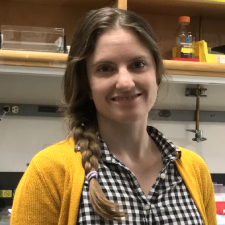
Dr. Cote is exploring embryonic development to better understand how cells cooperate and build complex tissues. Since cancer cells often erroneously redeploy developmental programs and behaviors, her research into how neighboring cells align will yield insights into how cancerous cells metastasize and invade other tissues. Dr. Cote is combining tissue-specific genetic manipulations and laser cell ablations with live imaging during Caenorhabditis elegans digestive tract development to reveal how intracellular organization in one cell type can influence the alignment, polarity, and function of cells in the neighboring tissues.
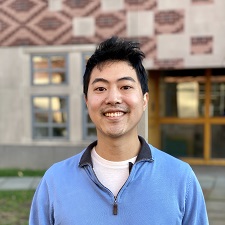
Dr. Lin [Walter Isaacson Fellow] is studying how hepatitis C virus (HCV) rewires cell biology and causes liver cancer. Modern HCV antiviral therapies are effective in curing hepatitis, but puzzlingly, recovered patients sometimes still develop cancer. This suggests that infection and subsequent inflammation permanently alter liver cells, but how this leads to cancer remains unclear. Dr. Lin is developing a CRISPR-based molecular "recorder" to determine whether cells that become more cancer-like have a history of infection and inflammation. This technology could identify genes that predispose healthy liver cells to infection, chronic immune stimulation, and transformation to cancer cells, which could point to potential therapeutic targets to interrupt the development of liver and other cancers.
